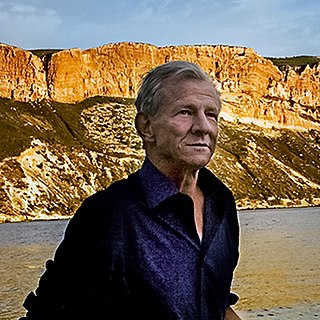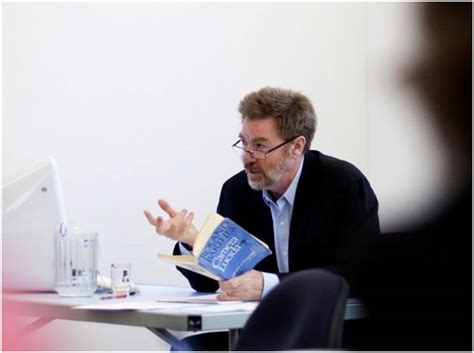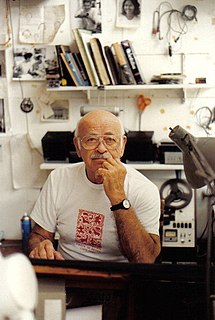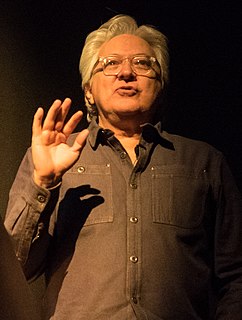A Quote by Annie Leibovitz
Computer photography won't be photography as we know it. I think photography will always be chemical.
Related Quotes
Anthropology... has always been highly dependent upon photography... As the use of still photography - and moving pictures - has become increasingly essential as a part of anthropological methods, the need for photographers with a disciplined knowledge of anthropology and for anthropologists with training in photography has increased. We expect that in the near future sophisticated training in photography will be a requirement for all anthropologists. (1962)
To know whether photography is or is not an art matters little. What is important is to distinguish between good and bad photography. By good is meant that photography which accepts all the limitations inherent in photographic technique and takes advantage of the possibilities and characteristics the medium offers. By bad photography is mean that which is done, one may say, with a kind of inferiority complex, with no appreciation of what photography itself offers: but on the contrary, recurring to all sorts of imitations.
I don't know that there were any rules for documentary photography. As a matter of fact, I don't think the term was even very precise. So as far as I'm concerned, the kind of photography I did in the FSA was the kind of photography I still do today, because it is based on passionate concern for the human condition. That is the basis of all the work that I do.
Photography really is all about lines, and so is clothing. I worked for Oberto Gili for a couple of years after I was at ICP; we worked in fashion, travel, interior design, everything. I was inspired by his styling choices within fashion photography, and I think those experiences helped steer me towards fashion design. I love photography as a medium, so I think I will always take inspiration from it.


































